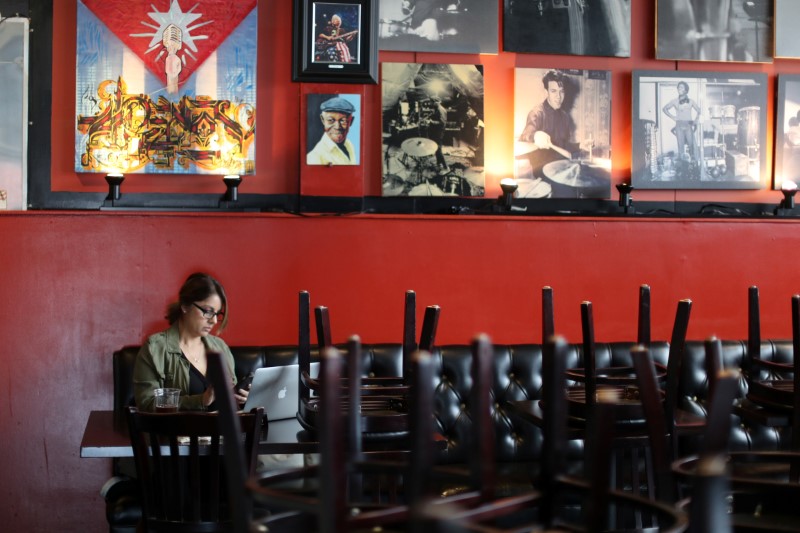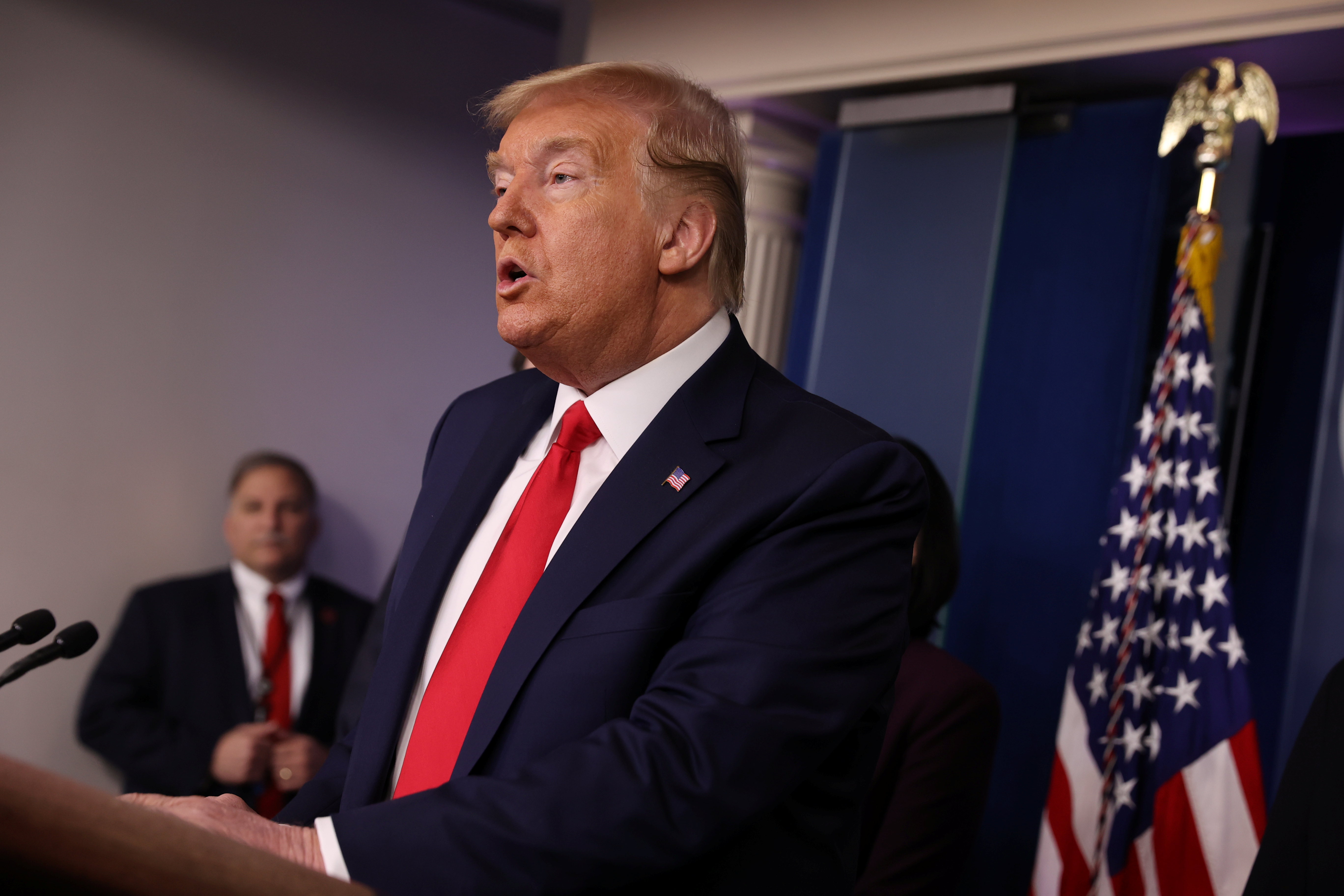
By Angelo Amante, Parisa Hafezi and Hayoung Choi
(Reuters) – Struck down by coronavirus at the age of 83, the long life of Alfredo Visioli ended with a short ceremony at a graveyard near Cremona, his hometown in northern Italy.
“They buried him like that, without a funeral, without his loved ones, with just a blessing from the priest,” said his granddaughter Marta Manfredi who couldn’t attend. Like most of the old man’s family – like most of Italy – she was confined to her home.
“When all this is over,” she vows, “we will give him a real funeral.”
Everywhere the coronavirus has struck, regardless of culture or religion, ancient rituals to honor the dead and comfort the bereaved have been cut short or abandoned for fear of spreading it further.
The virus, which has killed nearly 9,000 people worldwide, is reshaping many aspects of death, from the practicalities of handling infected bodies to meeting the spiritual and emotional needs of those left behind.
In Ireland, the health authority is advising mortuary workers to put face masks on dead bodies to reduce even the minor risk of infection. In Italy, a funeral company is using video links to allow quarantined families to watch a priest bless the deceased. And in South Korea, fear of the virus has caused such a drop in the number of mourners that funeral caterers are struggling for business.
There is little time for ceremony in hard-hit cities such as Bergamo, northeast of Milan, where the mortuaries are full and the crematorium is working around the clock, said Giacomo Angeloni, a local official in charge of cemeteries.
Bergamo, home to about 120,000 people, has been dealing with 5-6 times the number of dead it would in normal times, he said.
Italy has now reported nearly 3,000 deaths from COVID-19, the disease caused by the coronavirus – the highest outside China where the virus first emerged. The Italian army sent 50 troops and 15 trucks to Bergamo on Wednesday to take bodies to less overwhelmed provinces.
A ban on gatherings has shattered the vital rituals that help us grieve, said Andy Langford, the chief operating officer of Cruse Bereavement Care, a British charity providing free care and counseling to those in grief.
“Funerals allow a community to come together, express emotion, talk about that person and formally say goodbye,” he said.
“When you feel you have no control over how you can grieve, and over how you can experience those last moments with someone, that can complicate how you grieve and make you feel worse,” he said.
EXTRA STAFF
In Iran as in northern Italy, hospital and funeral workers are overwhelmed with bodies, as the virus has torn across the country, killing 1,284 people and infecting thousands, according to state TV.
The authorities have hired new people to dig graves, said a manager at Tehran’s Behesht-e Zahra cemetery. “We work day and night,” he said. “I have never seen such a sad situation. There are no funerals.”
Most corpses arrive by truck and are buried without the ritual washing that Islam dictates, he said.
Some Iranians suspect that the official haste to bury them has more to do with obscuring the spiraling death toll than halting the spread of the virus.
Deaths from COVID-19 have been recorded as heart attacks or lung infections, a hospital worker in Kashan, a city about a three-hour drive from Tehran, told Reuters.
“The officials are lying about the death toll,” the worker said. “I have seen dozens of corpses in the past few days, but they have told us not to talk about it.” Two nurses at Iranian hospitals also told Reuters they thought the death toll was higher than the official tally.
Iranian authorities have rejected allegations of a cover-up, and President Hassan Rouhani, in a televised speech on Mar. 18, said his government had been “honest and straightforward with the nation.”
INFECTION RISK
In several countries, clusters of infection have followed funerals. In South Korea, where more than 90 people have died, the government has urged the families of COVID-19 victims to cremate their loved ones first, and hold the funeral later.
Korean funerals usually take place in hospitals, and involve three days of prayers and feasting. Most of the country’s early cases were linked to a church in Daegu city and a hospital in a nearby county. In February, several members of the Shincheonji Church of Jesus attended a funeral at the hospital for the brother of the church’s founder.
Since the outbreak, the number of mourners at funerals has plunged by 90%, regardless of whether the deceased had the virus, said Choi Min-ho, secretary general of the Korea Funeral Association.
“The culture of funerals has changed significantly,” he said. “A handful of mourners quickly offer condolences and leave the place without dining together out of infection worries.”
Condolence money, traditionally handed over in cash, is now sent via bank transfer, he added.
Authorities in Wuhan, the epicenter of China’s outbreak and location of the majority of its deaths, quickly identified the funeral business as a potential source of transmission.
The local civil affairs bureau in late January ordered all funerals for confirmed COVID-19 victims to be handled at a single funeral home in the city’s Hankou district. Mourning ceremonies, usually boisterous social events in China, were curtailed along with all other public gatherings.
Those restrictions are still in place, even though the number of new cases has dwindled in recent weeks. Bereaved families are not even allowed to see the bodies of their loved ones, a worker at the funeral home told Reuters.
In China, the ashes of the deceased tend to be kept in funeral homes until they are taken to a family plot on public holidays such as the Tomb Sweeping Festival in April. That’s also canceled this year.
“DEATH MANAGEMENT”
In Spain, too, a large cluster of cases has been traced to a funeral in the northern town of Vitoria in late February. At least 60 people who attended tested positive after the event, said local media reports.
With over 600 deaths, Spain is the second-worst hit country in Europe after Italy, and most people are now confined to their homes. Referring to these restrictions, Prime Minister Pedro Sanchez has called coronavirus a “cruel” disease that paralyses the human need to socialize.
In Ireland, up to 100 guests are still allowed at all funerals – for now. But most families are opting for small private ceremonies and encouraging others to express their condolences online through websites such as RIP.ie, where death notices and funeral invitations are usually posted.
Open casket funerals are out for any victim of coronavirus, and “the family should be advised not to kiss the deceased,” according to new guidelines from Ireland’s Health and Safety Executive to its funeral directors.
The risk of catching coronavirus from a dead body is slim, public health officials say, but some countries are recommending extra measures.
Israel has reported no coronavirus deaths, but its health ministry says the deceased should be double-wrapped in impermeable plastic. Ritual washing and rites will be performed in full protective gear and the corpse re-wrapped in plastic for burial. Normally Israel’s Jewish dead are laid to rest in a cloth smock and shroud.
Ireland’s guidelines advise workers in funeral parlors to put face masks on dead bodies before moving them, in case they “expel a very small amount of air and viral droplets from the lungs” and infect the living.
In Britain, where the pandemic is still gathering pace, there is widespread anxiety about the likely death toll.
Britain has been slower in implementing the strict measures seen elsewhere in Europe, and expert estimates of how many will die from COVID-19 have ranged wildly from the tens to the hundreds of thousands.
An emergency bill to tackle the virus, which has killed 104 people in Britain, includes a number of measures the government says will “streamline the death management process.” The measures include allowing funeral directors to register a death on behalf of a self-isolating family.
Deborah Smith, a spokesperson for the National Association of Funeral Directors, said the bill will help the profession “preserve the dignity of those who die and care for their bereaved families with compassion – even if they are not able to have the kind of funeral they would have wanted.”
Smith would not be drawn on the expected numbers, but said “funeral directors are preparing for a variety of scenarios.”
“NOT ALONE”
One scenario is already playing out in Wuhan.
Last month, a worker at the funeral home in Hankou district, identifying himself only as Huang, wrote an essay that was circulated on social media. He said funeral workers were as overwhelmed as the city’s medics but had received less recognition.
He said staff had worked without a break since the start of the epidemic. “Some of our employees don’t even drink water because they need to go to the toilet and it’s difficult to take off the protective clothing,” he wrote.
Half a world away, in the virus-stricken Italian town of Bergamo, funeral workers wage a near-identical struggle.
“It’s like being in a war with an invisible enemy,” said Roberta Caprini, a partner in Centro Funerario Bergamasco, a funeral service in Bergamo. “We’ve been working without interruption for two weeks and sleeping 3-4 hours a night when we manage it. Everyone in our area, us included, has lost someone or have someone sick in their home.”
Bergamo’s Church of All Saints has become a makeshift mortuary, its pews pushed aside to accommodate the dead. Caprini said she had counted at least 60 coffins when she visited on Tuesday.
She spoke of the “real torture” felt by families who watched sick relatives taken away to hospital and never saw them again. Her company has arranged video links to burials, to allow families to watch the priest bless the deceased.
Sometimes, she said, they drive the hearses past the bereaved family’s home, so mourners “can at least come down at the moment and offer a quick prayer.”
(This story has been refiled to fix the bylines)
(Reporting by Elisa Anzolin and Emilio Parodi in Milan; Angelo Amante in Rome; Parisa Hafezi in Dubai; David Stanway in Shanghai; Joan Faus in Barcelona; Hayoung Choi in Seoul, Padraic Halpin in Dublin; Emma Farge in Zurich; Kate Kelland in London and Dan Williams in Jerusalem; Writing and additional reporting by Andrew RC Marshall; Edited by Sara Ledwith and Jason Szep)












